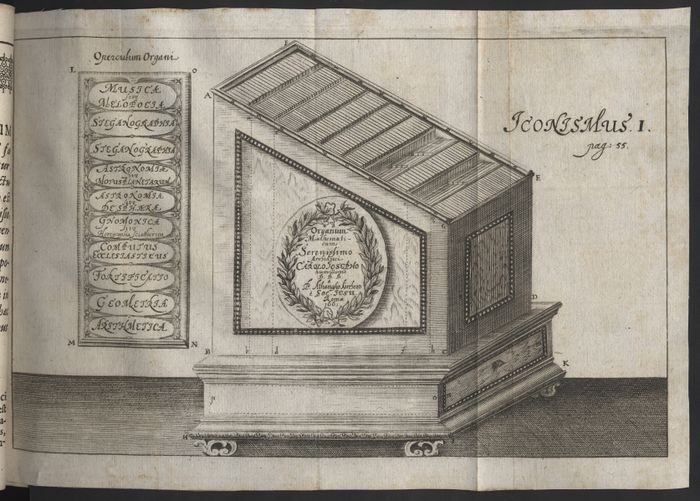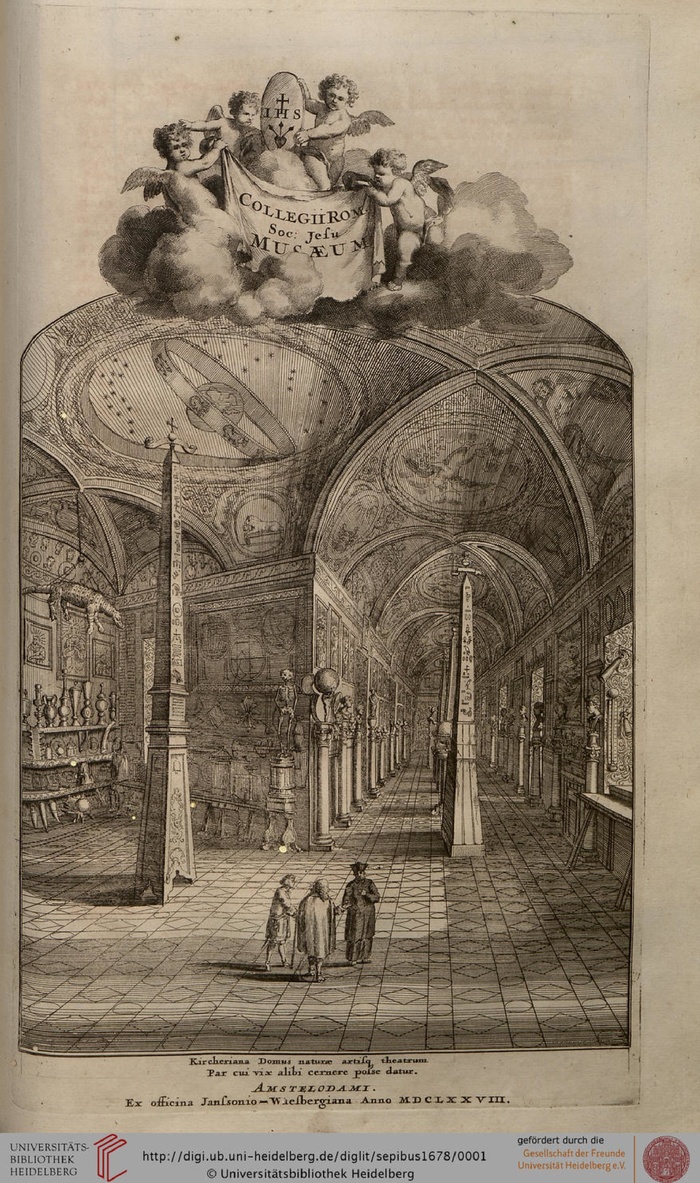Difference between revisions of "Collaborate with us"
| Line 1: | Line 1: | ||
The collaborative dimension that is a premise of GATE’s platform, finds its roots in the belief that knowledge is generated by sharing, while still navigating in a space of autonomy and freedom. Transdisciplinarity suggests that a single view point (or discipline) does not exist, while multiple views of the same topic of study can be expressed. Technology, nowadays, should base its foundation on this collaborative dimension. However, the web, which often seems to be idolised by multiple organizations, either censures all the possible and infinite bifurcations of thought - the latter being, indeed, the source of knowledge - or, at the very least, tends to control its dissemination. Censorship is known, throughout history, to have thrown many ''nets''. | The collaborative dimension that is a premise of GATE’s platform, finds its roots in the belief that knowledge is generated by sharing, while still navigating in a space of autonomy and freedom. Transdisciplinarity suggests that a single view point (or discipline) does not exist, while multiple views of the same topic of study can be expressed. Technology, nowadays, should base its foundation on this collaborative dimension. However, the web, which often seems to be idolised by multiple organizations, either censures all the possible and infinite bifurcations of thought - the latter being, indeed, the source of knowledge - or, at the very least, tends to control its dissemination. Censorship is known, throughout history, to have thrown many ''nets''. | ||
__NOTOC__ | __NOTOC__ | ||
| − | |||
<div class="jcarousel-wrapper"> | <div class="jcarousel-wrapper"> | ||
<div class="jcarousel jcarousel-randomize"> | <div class="jcarousel jcarousel-randomize"> | ||
| Line 12: | Line 11: | ||
</div> | </div> | ||
</div> | </div> | ||
| + | </div> | ||
</div> | </div> | ||
<span class="jcarousel-control-prev">[[#|‹]]</span> | <span class="jcarousel-control-prev">[[#|‹]]</span> | ||
<span class="jcarousel-control-next">[[#|›]]</span> | <span class="jcarousel-control-next">[[#|›]]</span> | ||
<p class="jcarousel-pagination"></p> | <p class="jcarousel-pagination"></p> | ||
| + | <!-- | ||
| + | ==Ongoing collaborations== | ||
== Call for collaborators== | == Call for collaborators== | ||
=== Angelo Secchi Project === | === Angelo Secchi Project === | ||
Also if it's often pretty easy to identify the author of a letter, sometimes it can be a real challenge: for instance within the Angelo Secchi correspondence the authors of many of the letters are unknown, because the only way in which they can be identified is through their signature. | Also if it's often pretty easy to identify the author of a letter, sometimes it can be a real challenge: for instance within the Angelo Secchi correspondence the authors of many of the letters are unknown, because the only way in which they can be identified is through their signature. | ||
| + | --> | ||
Revision as of 10:21, 6 April 2020
The collaborative dimension that is a premise of GATE’s platform, finds its roots in the belief that knowledge is generated by sharing, while still navigating in a space of autonomy and freedom. Transdisciplinarity suggests that a single view point (or discipline) does not exist, while multiple views of the same topic of study can be expressed. Technology, nowadays, should base its foundation on this collaborative dimension. However, the web, which often seems to be idolised by multiple organizations, either censures all the possible and infinite bifurcations of thought - the latter being, indeed, the source of knowledge - or, at the very least, tends to control its dissemination. Censorship is known, throughout history, to have thrown many nets.

